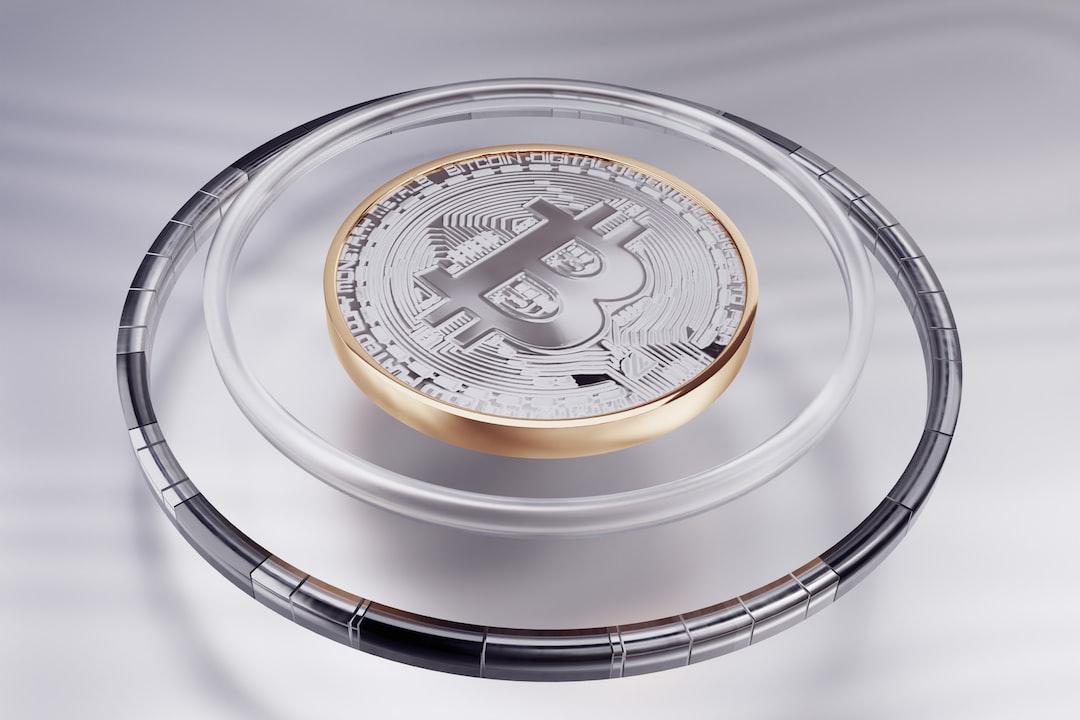Ethereum Spot ETF Has a Chance to Be Classified as a “Commodity”
The US Securities and Exchange Commission (SEC) officially approved the 19b-4 (Exchange Rule Change) forms for eight Ethereum spot ETFs, including BlackRock, Fidelity, and Grayscale, on May 24. According to a report by Wall Street investment bank Bernstein, the approval of an Ethereum spot ETF in the US will demonstrate a relatively relaxed regulatory environment for the cryptocurrency industry and increase the chances of classifying Ethereum competitor “Solana” as a “commodity”.
Cryptocurrencies are classified as securities or commodities, with different implications. If a cryptocurrency is classified as a commodity, the process of applying for and obtaining ETF approval is relatively easy because commodities are regulated by the Commodity Futures Trading Commission (CFTC), which usually has looser regulatory requirements than the SEC. If classified as a security, strict SEC regulatory rules must be followed, including more detailed information reporting requirements and comprehensive compliance plans.
The approval of an Ethereum spot ETF by the SEC very likely means that the SEC views Ethereum as a commodity rather than a security, which could impact other digital assets, including Solana.
Further reading:
SEC “Semi-Approves” Ethereum Spot ETF, What Does It Represent?
Amid Changing Regulatory Environment in the US, Will a Solana ETF Be Born?
Brian Kelly, CEO of digital asset investment firm BKCM, recently speculated in an interview with CNBC that Solana could be the next altcoin (referring to all cryptocurrencies other than Bitcoin) to receive ETF approval.
Kelly emphasized that Bitcoin, Ethereum, and Solana are the “big three” digital assets, and it is possible to see related ETF products approved in this cycle. He pointed out that Bitcoin ETFs have already attracted many investors into the market, with a total market value of around $58 billion held by these ETFs, demonstrating strong demand for this type of ETF.
Although Solana has previously been identified as a “security” by the SEC, CryptoSlate points out that regulatory and political environments can change at any time, increasing the chances of Solana ETF approval, especially after an Ethereum ETF is approved.
In a letter on May 22, bipartisan groups in the US suggested that the SEC approve an Ethereum spot ETF, seemingly indicating a gradual softening of the government’s attitude towards cryptocurrencies. This could also be a key factor in the future birth of a Solana ETF.
In addition, the US House of Representatives recently passed the Financial Innovation and Technology Act of the 21st Century (FIT21), which provides a clear framework for the classification of digital assets and distinguishes between commodities and securities, identifying which digital assets are regulated by the CFTC and which are regulated by the SEC. This reduces regulatory uncertainty and promotes innovation and development.
However, the FIT21 bill has only passed the House vote and will take some time to be reviewed by the Senate. It will undergo many amendments and adjustments, and there are also many opposing voices. At this stage, it is still uncertain how it will turn out.
The approval of an Ethereum spot ETF now brings optimism to the entire cryptocurrency industry. If a Solana ETF is submitted and approved in the future, it may signify the formal entry of cryptocurrencies into the mainstream market and indicate more active support from the government and regulatory agencies for financial innovation related to cryptocurrencies.

